Amazon and Verizon announce 5G partnership to challenge Microsoft and AT&T alliance (updated)
4 min. read
Published on
Read our disclosure page to find out how can you help MSPoweruser sustain the editorial team Read more
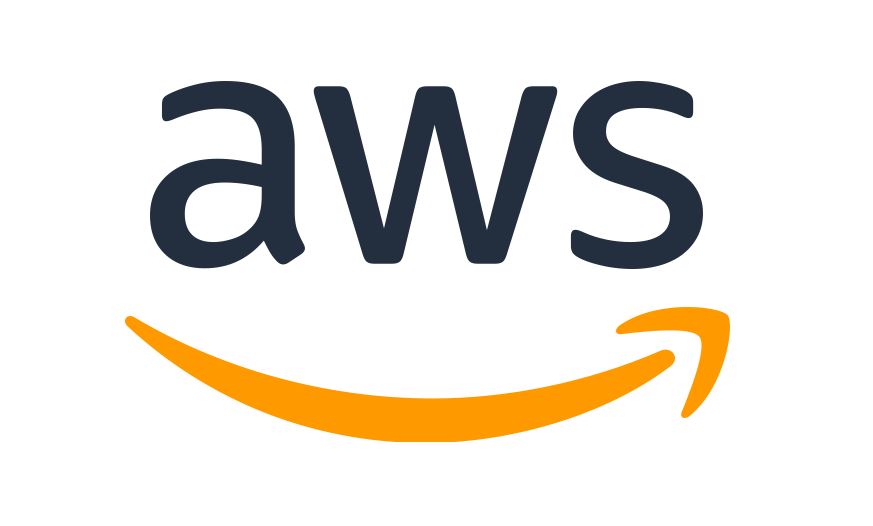
As part of the multiyear alliance announced early this year, Microsoft and AT&T last month announced 5G network edge locations that are capable of delivering Azure cloud services. AT&T is calling them Network Edge Compute (NEC) technology and it will be available for a limited set of customers in Dallas this year. Next year, it will be available for select customers in Los Angeles and Atlanta. AT&T and Microsoft also announced that they are exploring proofs-of-concept powered by 5G NEC for AR and VR use cases and drones. Yesterday, at AWS re:Invent, Amazon announced a similar partnership with Verizon.
AWS and Verizon will offer 5G network edge computing, and will use AWS Wavelength to provide developers the ability to deploy applications that require ultra-low latency to mobile devices using 5G. Verizon and AWS announced that companies are already piloting AWS Wavelength on Verizon’s edge compute platform in Chicago. Similar setup will be available in other locations across the U.S. in 2020.
In placing AWS compute and storage services at the edge of Verizon’s 5G Ultra Wideband network with AWS Wavelength, AWS and Verizon bring processing power and storage physically closer to 5G mobile users and wireless devices, and enable developers to build applications that can deliver enhanced user experiences like near real-time analytics for instant decision-making, immersive game streaming, and automated robotic systems in manufacturing facilities.
“We are first in the world to launch Mobile Edge Compute — deeply integrating Verizon’s 5G Edge platform with Wavelength to allow developers to build new categories of applications and network cloud experiences built in ways we can’t even imagine yet,” said Hans Vestberg, CEO and Chairman of Verizon. “Bringing together the full capabilities of Verizon’s 5G Ultra Wideband and AWS, the world’s leading cloud with the broadest and deepest services portfolio, we unlock the full potential of our 5G services for customers to create applications and solutions with the fastest speeds, improved security, and ultra-low latency.”
“We’ve worked closely with Verizon to deliver a way for AWS customers to easily take advantage of the ubiquitous connectivity and advanced features of 5G,” said Andy Jassy, CEO of AWS. “AWS Wavelength provides the same AWS environment — APIs, management console, and tools — that they’re using today at the edge of the 5G network. Starting with Verizon’s 5G network locations in the US, customers will be able to deploy the latency-sensitive portions of an application at the edge to provide single-digit millisecond latency to mobile and connected devices. While some ultra-low latency use cases like smart cars, streaming games, VR, and autonomous industrial equipment are well understood today, we can’t wait to see how builders use 5G edge computing to delight their mobile end users and connected device customers.”
Source: Amazon
Update: AWS team offered the following clarification for the above article.
- The headline is fundamentally inaccurate. AWS and Verizon did not announce a partnership to “challenge Microsoft and AT&T alliance.” AWS and Verizon made this partnership announcement to enable developers the ability to deploy applications that require ultra-low latency to mobile devices using 5G. Moreover, the Wavelength offering is the result of a long-standing engineering effort by both AWS and Verizon, and is not a reaction to a competitive offering; it is meant to deliver more value to customers of both organizations.
- AWS’ offering is being piloted by select customers on Verizon’s 5G Edge Network in Chicago, including Bethesda Softworks. The National Football League is also testing with Wavelength. Microsoft’s offering is aspirational, as seen both here and here in recent releases.
Basically, AWS claims that they have a real product that can be tested by customers unlike Microsoft and AT&T’s aspirational upcoming product.


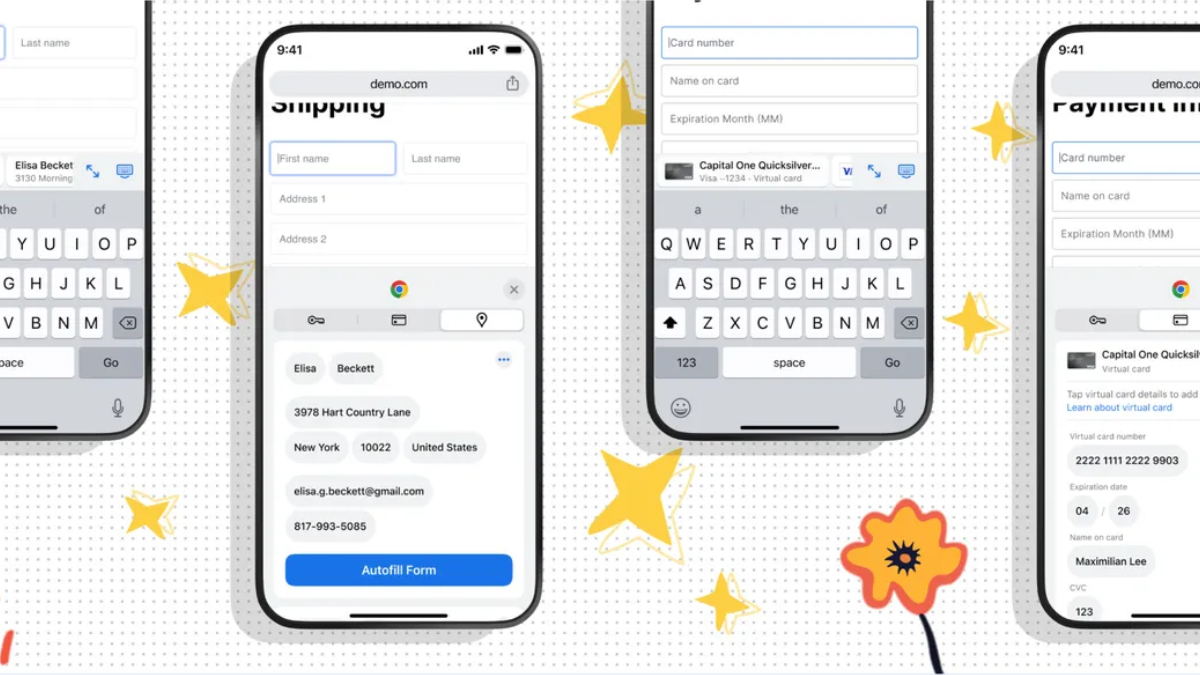
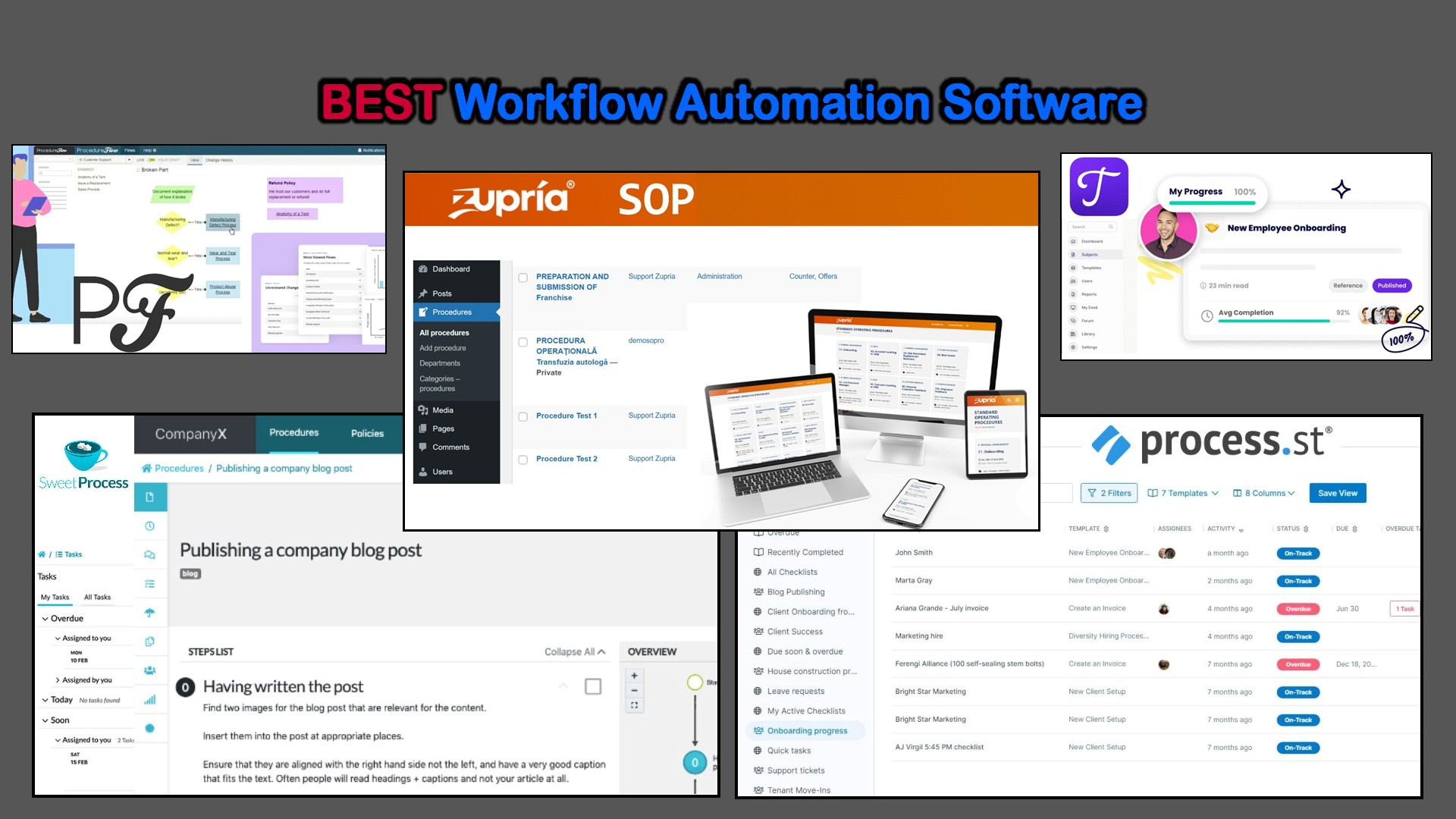
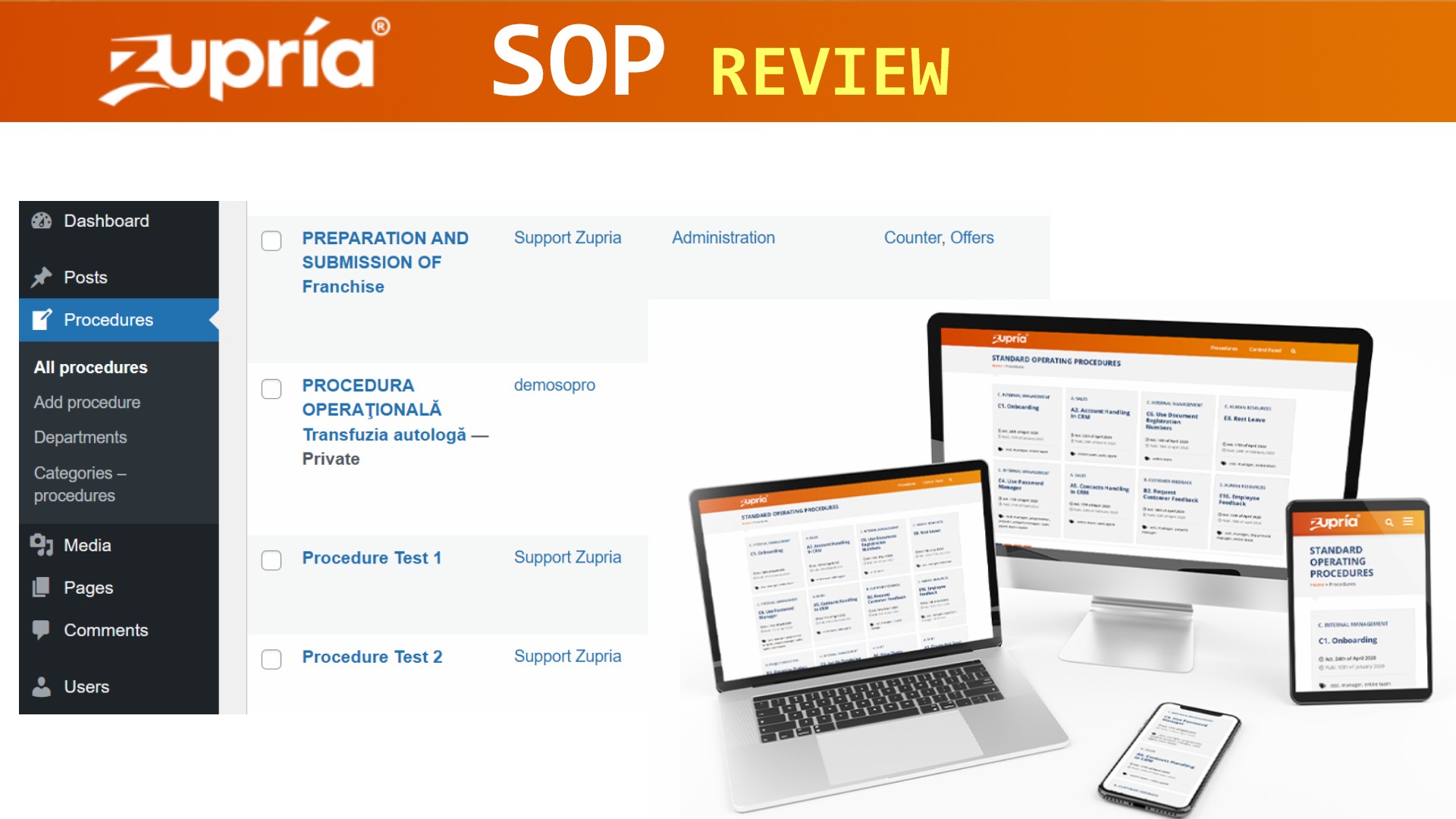
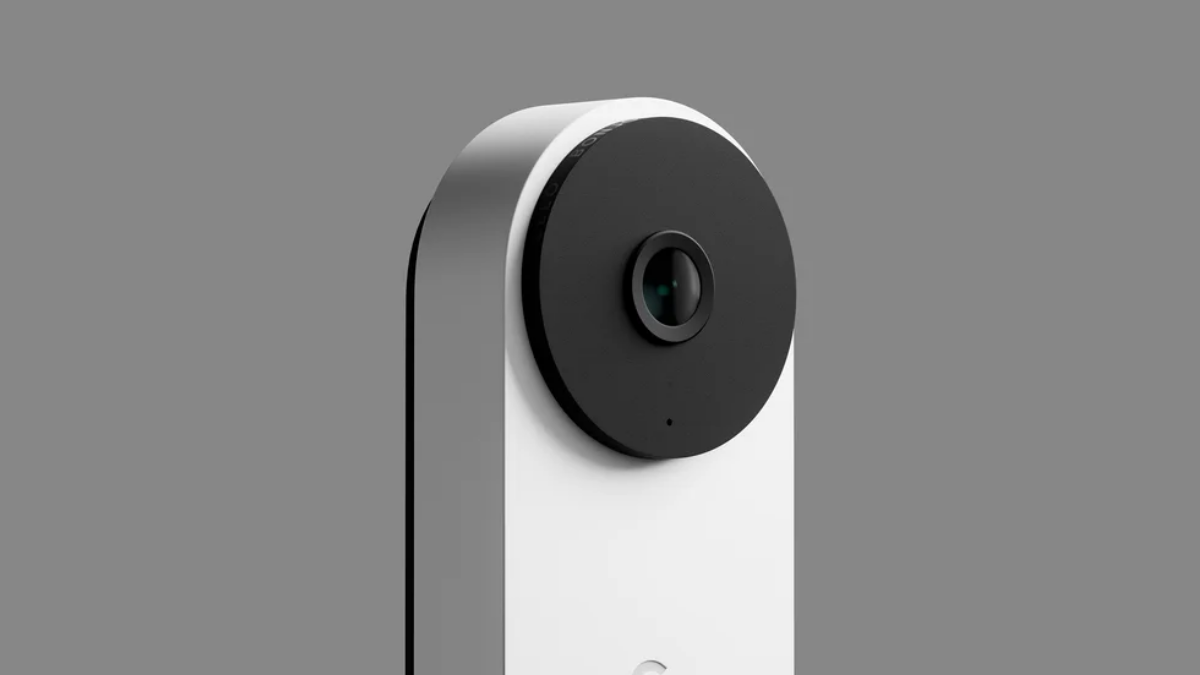
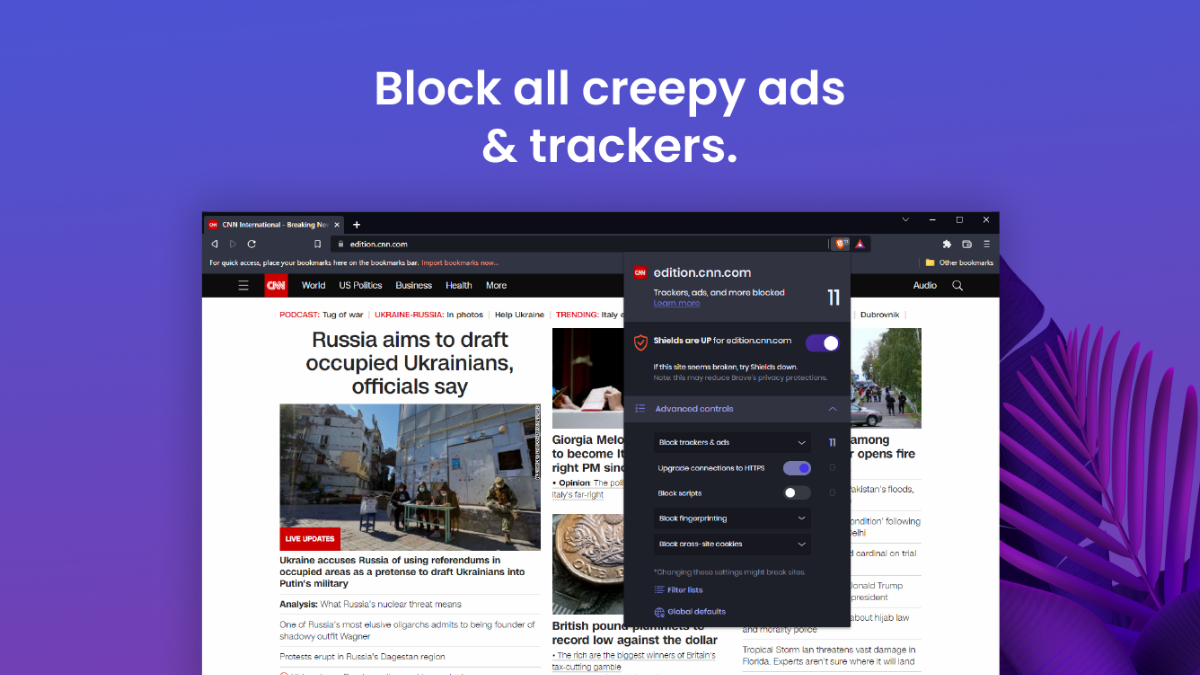
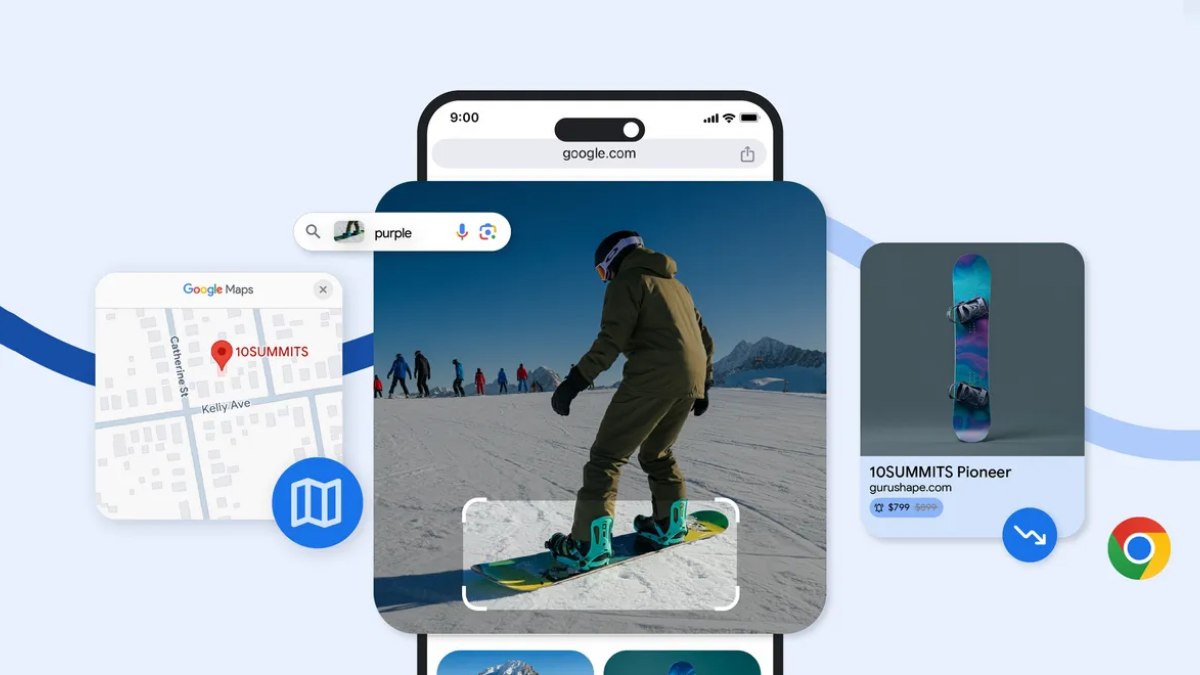

User forum
0 messages